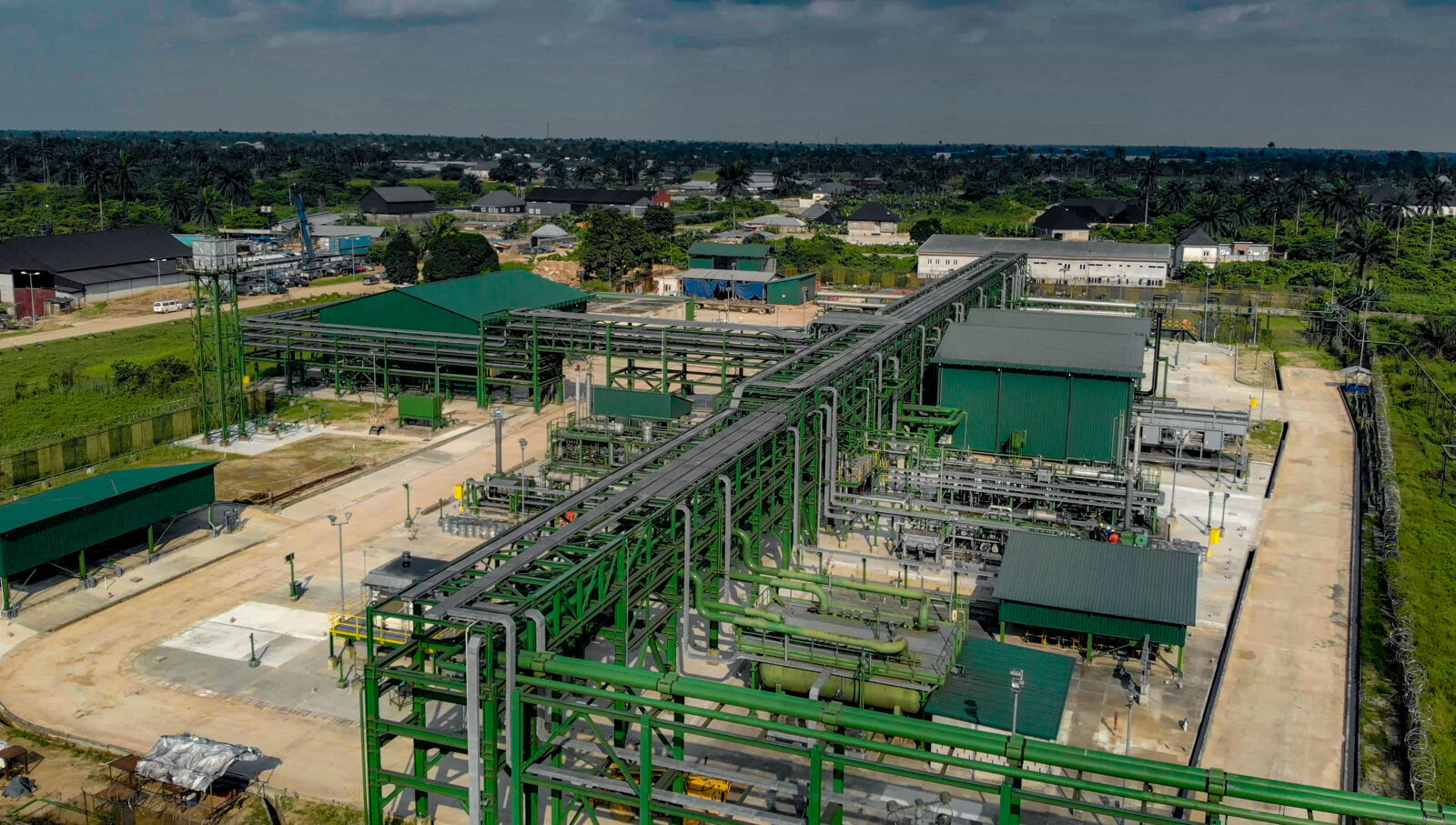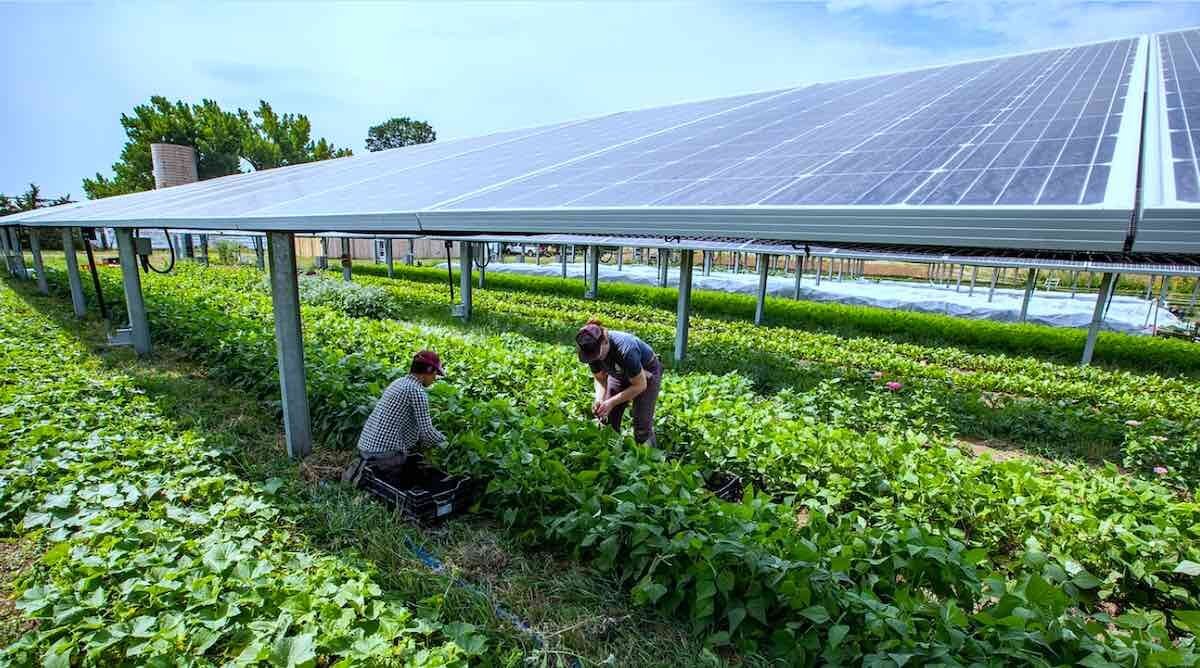With African companies accelerating their ESG and net-zero pledges, GOAL’s recent impact reports offer a blueprint for how Nigeria and the continent can leverage robust sustainability frameworks to drive transformative change and set new accountability standards.
Corporate Sustainability Announcements as Catalysts for Change
The sustainability landscape across Africa is continually evolving, marked by a more corporate organisations announcing their efforts towards net-zero targets and comprehensive ESG frameworks. Green Operations & Advanced Leadership’s (GOAL) 2025 and 2024 Impact Reports provide guidance, outlining effective strategies, measurable outcomes, and lessons that local businesses and policy makers across the continent can adapt.
The reports signal a growing trend across Europe and America, which can be localised to fit their stories by African businesses. With more companies becoming aware that sustainability commitments must be transparent, data-driven, and aligned with global best practices to remain competitive, moving in the direction of sustainability now borders on business resilience, regional economic stability, and future opportunity.
GOAL Impact Reports: Commitment, Context, and Significance
Both reports share critical insights on how to build foundations (2024 report) and their journey, which reflects broader industry shifts:
- Net-Zero Commitment: GOAL laid out clear decarbonization goals, committing to attain net-zero emissions by 2035. This includes detailed plans for renewable energy sourcing, supply chain decarbonization, and operational efficiency benchmarks.
- ESG Integration: The company developed holistic ESG frameworks that address local and regional risk factors, from environmental stewardship to social well-being and governance enhancements.
- Stakeholder Engagement: Their approach stresses collaboration with local communities, regulators, suppliers, and financial partners to ensure sustainable outcomes are inclusive and adaptive to real market needs.
As Africa navigates pressing sustainability challenges, from energy poverty to climate adaptation, visibility of such robust action signals to peers and the globe that progress is possible and necessary.
What African Companies Can Learn
Bold Targets with Measurable Roadmaps
Setting net-zero dates is important, but the value of mapping concrete year-on-year actions and milestones enables both ambition and accountability.
“Setting targets is only the beginning. What matters is embedding them in daily business decisions and rigorously measuring every step, as a GOAL senior executive noted.
ESG as a Business Imperative
Diversity, inclusion, and governance are increasingly scrutinised, and transparent reporting builds public trust and investor confidence. This is an area that African corporates, can leverage upon using their framework to enhance cross-border investment appeal.
Community Engagement and Local Partnerships
Sustainability in Africa hinges on local buy-in. Stakeholder engagement emphasises that successful ESG initiatives go beyond compliance; they respond to grassroots realities, helping develop local skills and partnerships.
“We see the greatest impacts when communities are at the centre of design and implementation,” says an independent sustainability expert in the region, according to the report.
Broader Significance for Africa’s Sustainability Journey
The depth of the reporting suggests an appropriate template, if dimensioned to local realities, can lead to continent-wide transformation:
- Market Signalling: Clear, public objectives and goals increase pressure on suppliers and competitors to act, driving industry-wide shifts.
- Attracting Capital: International investors and partners today are increasingly screening for genuine ESG performance, making solid reporting more than a moral imperative, but a commercial one.
- Accelerating Innovation: Accountability frameworks, help foster data sharing, new technologies, and local solutions that scale rapidly when performance is tracked and rewarded.
Accountability and Potential Impact
Transparency in impact reporting, concrete project outcomes, and third-party audits are Key Performance Indicators (KPI’s) that lay the groundwork for broader accountability. African businesses should adopt measures such as regular disclosures, independent reviews, and progress reports and/or dashboards, to stem the tide of being labelled greenwashing towards ensuring real-world benefits.













